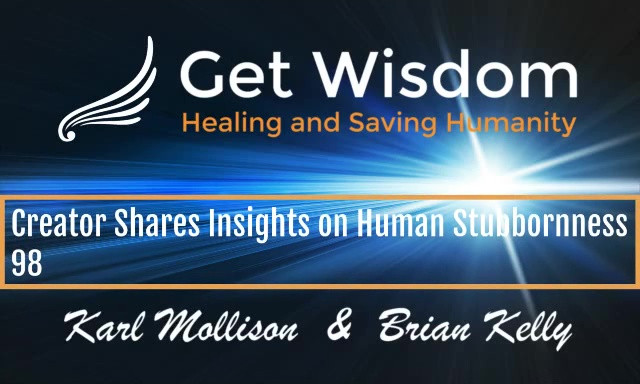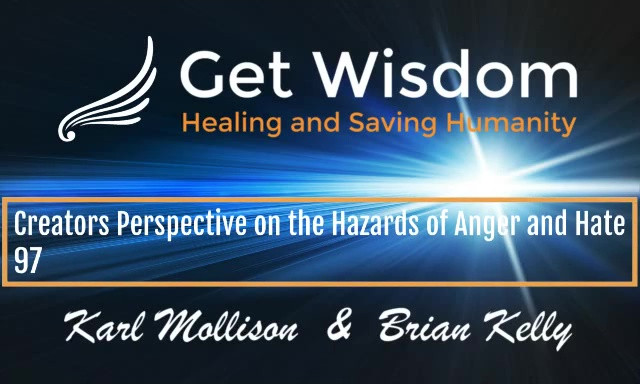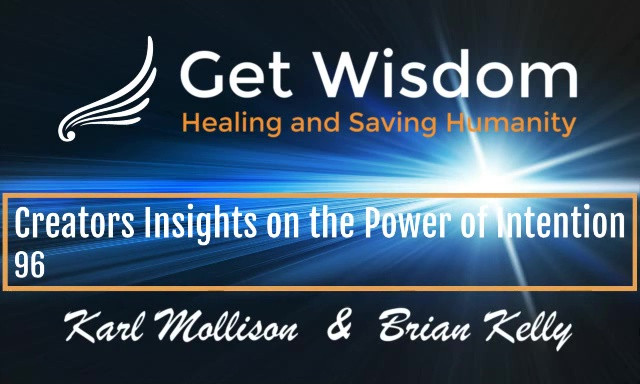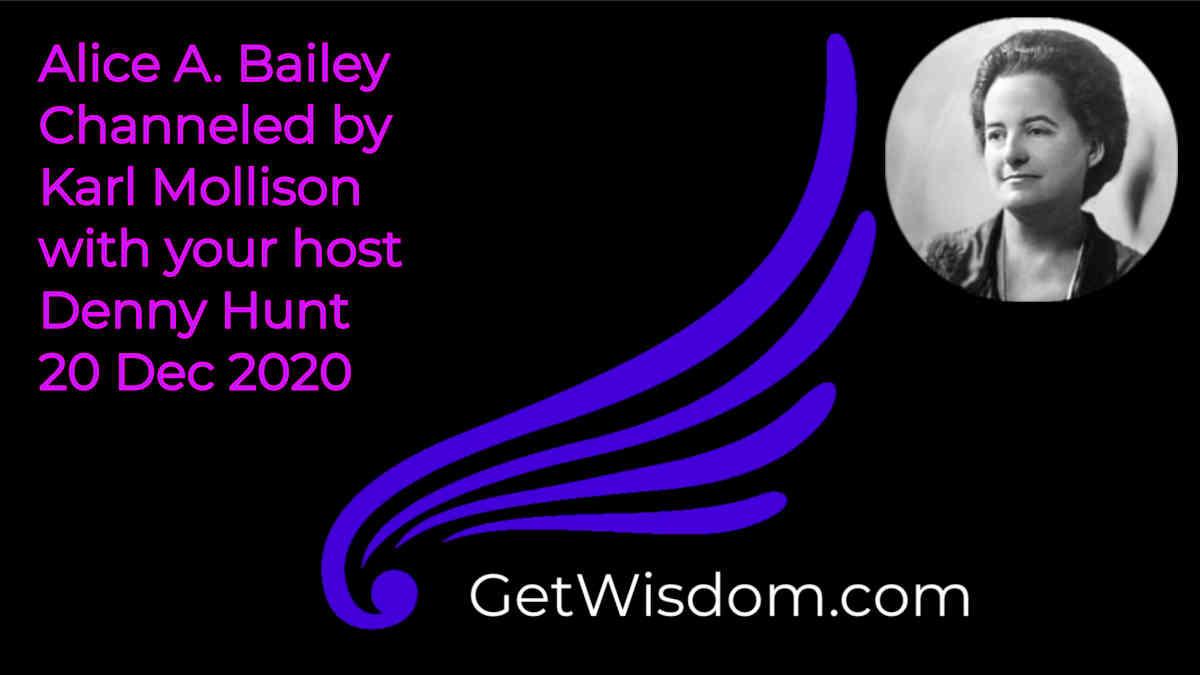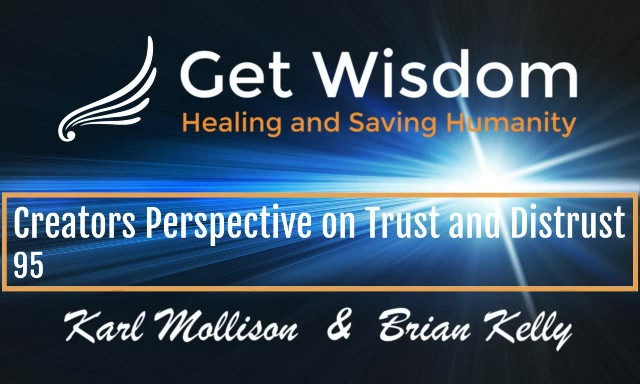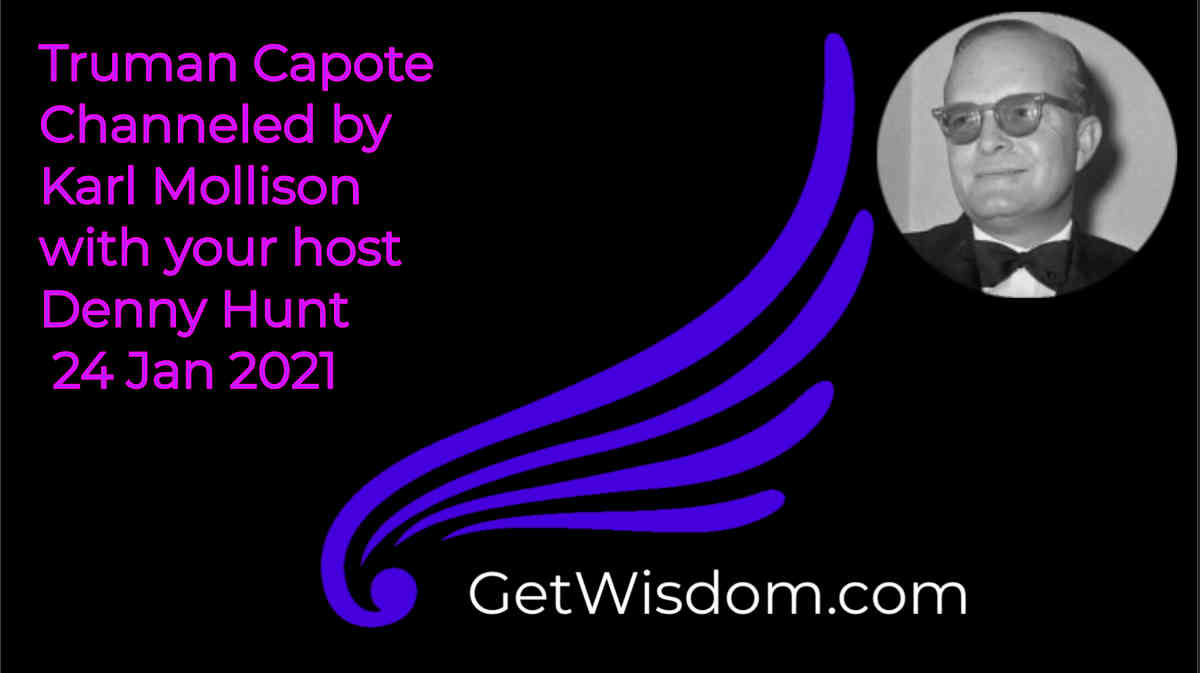
Truman Capote Channeled by Karl Mollison 24Jan2021
From https://en.wikipedia.org/wiki/Truman_Capote and https://www.vanityfair.com/culture/2012/12/truman-capote-answered-prayers
Truman Capote September 30, 1924 – August 25, 1984 was an American novelist, short story writer, screenwriter, playwright, and actor. Several of his short stories, novels, and plays have been praised as literary classics, including the novella Breakfast at Tiffany’s (1958) and the true crime novel In Cold Blood (1966), which he labeled a “nonfiction novel”. His works have been adapted into more than 20 films and television dramas.
Capote rose above a childhood troubled by divorce, a long absence from his mother, and multiple migrations.
He had discovered his calling as a writer by age 8, and he honed his writing ability throughout his childhood.
He began his professional career writing short stories. The critical success of “Miriam” (1945) attracted the attention of Random House publisher Bennett Cerf and resulted in a contract to write the novel Other Voices, Other Rooms (1948). Capote earned the most fame with In Cold Blood (1966), a journalistic work about the murder of a Kansas farm family in their home. Capote spent six years writing the book, aided by his lifelong friend Harper Lee, who wrote To Kill a Mockingbird (1960)
In “La Côte Basque 1965,” Capote turned his diamond-brilliant, diamond-hard artistry on the haut monde of New York society fixtures: Gloria Vanderbilt, Babe Paley, Slim Keith, Lee Radziwill, Mona Williams—elegant, beautiful women he called his “swans.” They were very soignée and very rich and also his best friends.
In the story Capote revealed their gossip, the secrets, the betrayals—even a murder. “All literature is gossip,” Truman told Playboy magazine after the controversy erupted. “What in God’s green earth is Anna Karenina or War and Peace or Madame Bovary, if not gossip?”
Capote died in Bel Air, Los Angeles, on August 25, 1984, a month before his 60th birthday. According to the coroner’s report, the cause of death was “liver disease complicated by phlebitis and multiple drug intoxication”.
He died at the home of his old friend Joanne Carson, ex-wife of late-night TV host Johnny Carson, on whose program Capote had been a frequent guest. Gore Vidal responded to news of Capote’s death by calling it “a wise career move”.
Was Capote’s exposure of elite secrets his attempt to show his friends a path to enlightenment, beginning with self-reflection?

